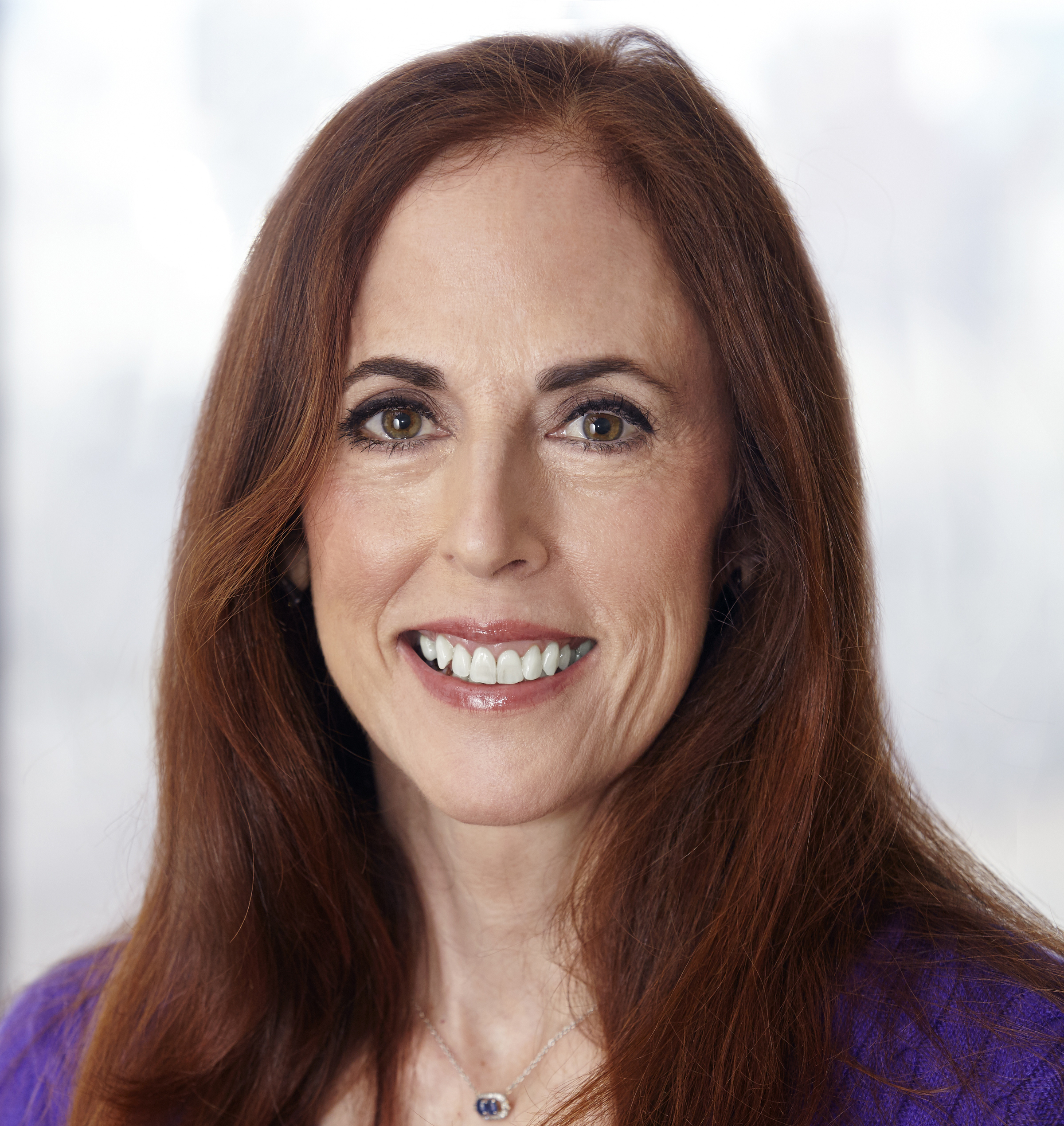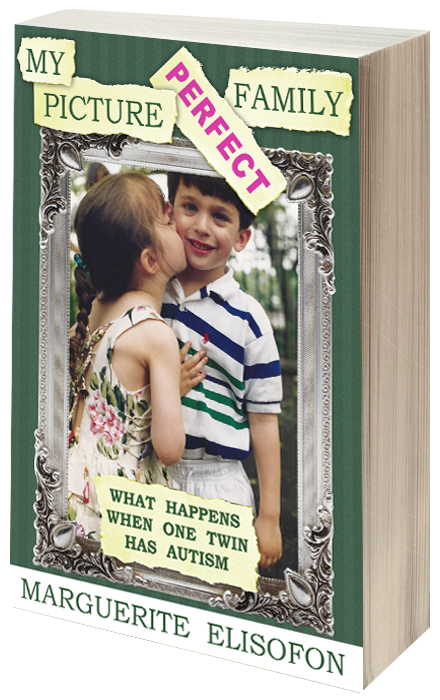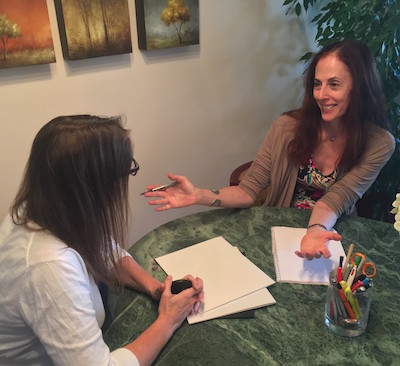 “Why doesn’t Samantha try a dating site?” My son’s girlfriend suggested that Samantha look for a new boyfriend on-line because that’s how she met Matthew.
“Why doesn’t Samantha try a dating site?” My son’s girlfriend suggested that Samantha look for a new boyfriend on-line because that’s how she met Matthew.
“What a great idea!” I had thought of it myself years ago, but knew that Samantha would need an autism dating site and none existed until fairly recently. She had registered for one called UNEEPI when it started up four or five years ago but never got a single response. I thought a dating site would be super worthwhile because it would teach my daughter to be selective AND safe. Five years have passed since Samantha enjoyed a serious relationship and she has become impatient in her search.

With the help of her life skills coach, Samantha registered on Autism Dating, Disabled Mate and again on UNEEPI (if at first you don’t succeed…). We talked about finding a young man who had relationship potential. I suggested that she look for a person with whom she had a lot in common: college educated with some sort of job, living independently, preferably in NYC or nearby who shared her love of the arts and was no more than 10 years older.
Samantha had gone out several times with a not-so-young man who told her he was 34 but turned out to be 54. (!!) Miraculously, Samantha believed him, although she remarked that he looked older. We only discovered his true age when we met him at one of our daughter’s performances. Boy was that a shock! I felt like an audience member watching the first act of The Producers. In the case of Samantha’s aspiring beau who was old enough to be her father, there would be no second act.
“I’ll tell him I just want to be friends,” Samantha decided after learning the truth.
“Do you really want to be friends with a liar? How do you know he won’t lie about other things? If I were you, I’d keep my distance.”

Happily, I have not heard his name mentioned again, though I did see him at Samantha’s one-woman show. Sigh.
As long I was trying to teach Samantha to be less gullible and initiate finding a new boyfriend, why not be even more specific?
“How about a Jewish guy from a nice family, but not too religious?” I added, as many Jewish moms might say. “You know, someone who grew up in a home similar to yours who shares the same goals and values…”
As the on-line experiment began, I asked Samantha to forward me the responses so that we could discuss them. Unlike most neurotypical single adults, Samantha was happy to collaborate with me and her coach. She was also flooded with responses for the first two weeks. Many of the young men who contacted Samantha did not live anywhere near us, despite the fact that we stated clearly that she lived in New York City. One guy contacted my daughter from Perth, Australia. What was he thinking?
Some men were much older than the 10-year limit we specified. Others proudly exhibited arms covered in tattoos, wore giant crosses, or were passionate vegans. (My daughter loves pasta but is a lifelong carnivore). Anyone super quiet and withdrawn would not match up well with Samantha’s social butterfly personality either.
One young man, who seemed promising at first, admitted that he did not have a disability (or didn’t know if he had one). What was he doing on an autism dating site? We decided he was disingenuous and creepy.
As we scrolled through the responses, I quickly realized that in order to connect with someone Samantha liked, she would have to “upgrade” to a “premium membership.” In bold red print, we were told that a “trial” one-month membership would only cost $1.00. Just below that offer—in microscopic print—was the explanation that the upgraded membership would automatically bill us $32 a month, unless we cancelled it!
I understand that dating sites are in business to make money, and that neurotypical dating sites operate in a similar fashion. First, they lure in the lonely singles, and then hook you in with monthly or annual charges as soon as you want to respond. Personally, I find it sneaky at best and morally reprehensible at worst to employ such a business strategy with people who have disabilities, many of whom cannot or do not read between the lines and understand the “fine print.” Autism and disability sites should communicate their terms in simple, straightforward language in standard size print.
Given the fact that 80-90% of autistic adults are either unemployed or under employed, autism dating sites should be much less expensive than neurotypical dating sites, where most singles have jobs and greater disposable income.
Based on the responses I’ve seen so far, we are not inclined to pay close to $400 per year for the privilege of corresponding with potential autistic suitors. I’d rather pay a matchmaker of autistic singles—if such a person exists—than waste time and money on a service that has so far not delivered. Or maybe we look for a new dating site that’s free?
Somebody somewhere please tell me there’s a better way…





 Marguerite Elisofon is a New York City writer and the author of My Picture Perfect Family, a memoir about how her family navigated life with a child on the autistic spectrum before the internet and support groups existed. She also blogs about parenting young adults and disability related issues in The Never Empty Nest. Her writing has been featured in a variety of publications, including Time and NY Metro Parents magazine, and her family’s story has been featured by the NY Post, Fox News, The Daily Mail, and on Jenny McCarthy’s Dirty Sexy Funny radio show. A Vassar graduate, Marguerite was born and raised in New York City, where she still lives with her husband, Howard, in their mostly-empty nest. She is available to speak about a wide variety of issues relating to twins, parenting, and autism.
Marguerite Elisofon is a New York City writer and the author of My Picture Perfect Family, a memoir about how her family navigated life with a child on the autistic spectrum before the internet and support groups existed. She also blogs about parenting young adults and disability related issues in The Never Empty Nest. Her writing has been featured in a variety of publications, including Time and NY Metro Parents magazine, and her family’s story has been featured by the NY Post, Fox News, The Daily Mail, and on Jenny McCarthy’s Dirty Sexy Funny radio show. A Vassar graduate, Marguerite was born and raised in New York City, where she still lives with her husband, Howard, in their mostly-empty nest. She is available to speak about a wide variety of issues relating to twins, parenting, and autism. 
there is a dating specialist Jeremy Hamburg,
who does this very thing
dating and autism support
he used to lead groups at the Jcc,
Thanks for the info. I’ll try to contact him.
Be careful with Jeremy. He’s a fraud and snake oil salesman. My mother and I sat in (along with two of my friends, a married couple who are also on the Spectrum) on a call with him for his Autism dating coach service. We asked him several times during the call “how much will this cost?” He refused to give a direct answer and kept saying “I need to know if you are committed to this.” As a result, I ended up not signing up. The issue wasn’t a lack of commitment for myself and for my parents – he insists on having at least one parents on the call- but rather needing to know if this was going to be costly for the family. Ultimately whether you and Samantha go with him is your decision, but as someone on the Spectrum who is very much in Samantha’s shoes here, I feel obligated to warn you about being taken advantage of here.
Thanks for the warning. There are so many predators out there. I would not sign up with Jeremy or anyone else who was unwilling to tell me the cost up front.